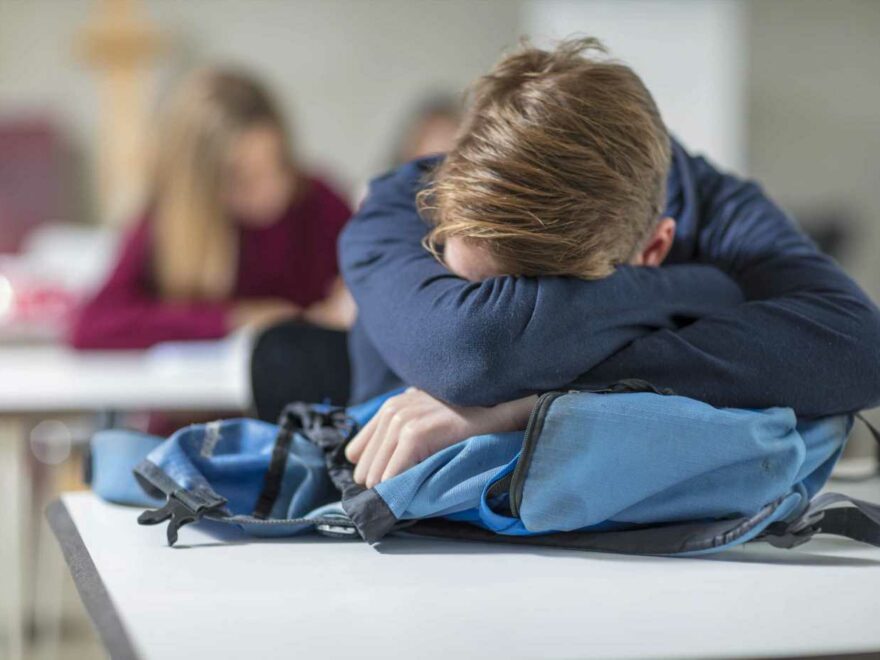GETTING between seven and nine hours sleep each night is essential for maintaining good health.
And now, experts believe teens who get too few hours of shut eye are at higher risk of a killer disease.
The team in Sweden found that youngsters who sleep fewer than seven hours a night are up to 40 per cent more likely to develop multiple sclerosis (MS) later in life than those who get adequate rest.
And doom-scrolling late at night on social media could be to blame, the experts said.
The autoimmune condition, which affects around 100,000 Brits, destroys the protective covering of nerves. This can cause sight loss, chronic pain, fatigue, and impaired coordination.
Chances of developing the condition are influenced by both genetic and environmental factors, including smoking, teenage weight, the researchers said.
Read more on multiple sclerosis
I’m terrified I’m going to die alone in hospital bed – I’m desperate for help
What is multiple sclerosis and what are the symptoms of MS?
Researchers analysed the sleep patterns of over 5,000 adults during their teenage years – some with and some without MS.
Those who slept fewer than 7 hours of sleep each night on average had a 40 per cent heightened risk of subsequently developing MS.
According to the NHS, teenagers need around nine to 10 hours of sleep a night.
While those who said they experienced poor sleep during their teenage years had a 50 per cent heightened risk of developing the condition.
Most read in Health
Urgent health warning as freezing cold conditions forecast into weekend
Boozers who get a red face after they drink at ‘increased risk’ of silent killer
My daughter died after spraying deodorant – all parents should know the dangers
I’m sharing a heartbreaking photo of my 'healthy' son as a warning to parents
What are the common symptoms of MS?
The condition affects every sufferer differently, but there are a few common symptoms. Most people will only experience a few of these symptoms, not all. They are also very similar to symptoms for a lot of other conditions, so are not necessarily caused by the disease.
- Fatigue
- Vision problems
- Numbness and tingling
- Muscle spasms, stiffness and weakness
- Mobility problems
- Pain
- Problems with thinking, learning and planning
- Depression and anxiety
- Sexual problems
- Bladder problems
- Bowel problems
- Speech and swallowing difficulties
Source: MS Society
MS itself is not usually fatal, but the disorder can increase the risk of life-threatening complications such as severe infections or swallowing difficulties, that can set the stage for pneumonia.
The lifespan for people with the condition is about five to 10 years shorter than for the general population, but this gap is getting shorter as treatments and care continue to improve.
Commenting on the study, the researchers said: “Insufficient sleep and low sleep quality during adolescence seem to increase the risk of subsequently developing MS.
"Sufficient restorative sleep, needed for adequate immune functioning, may thus be another preventive factor against MS."
They also explained that "technology" and internet access "contributes to insufficient sleep among adolescents and represents an important public health issue."
The findings are published in the Journal of Neurology Neurosurgery & Psychiatry.
Source: Read Full Article







